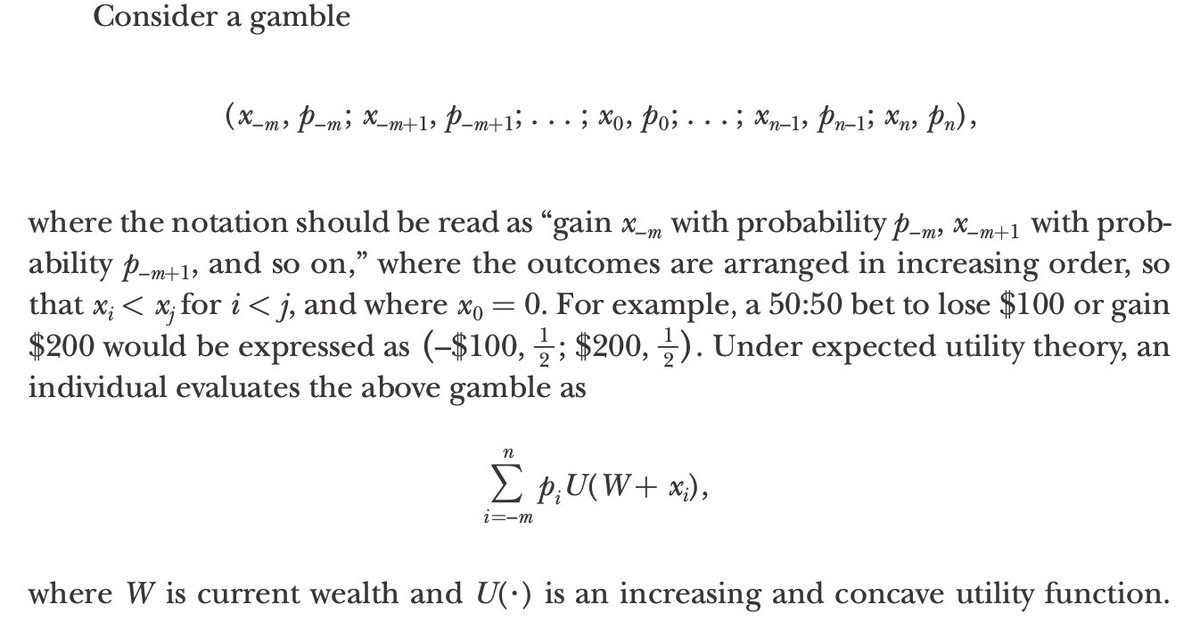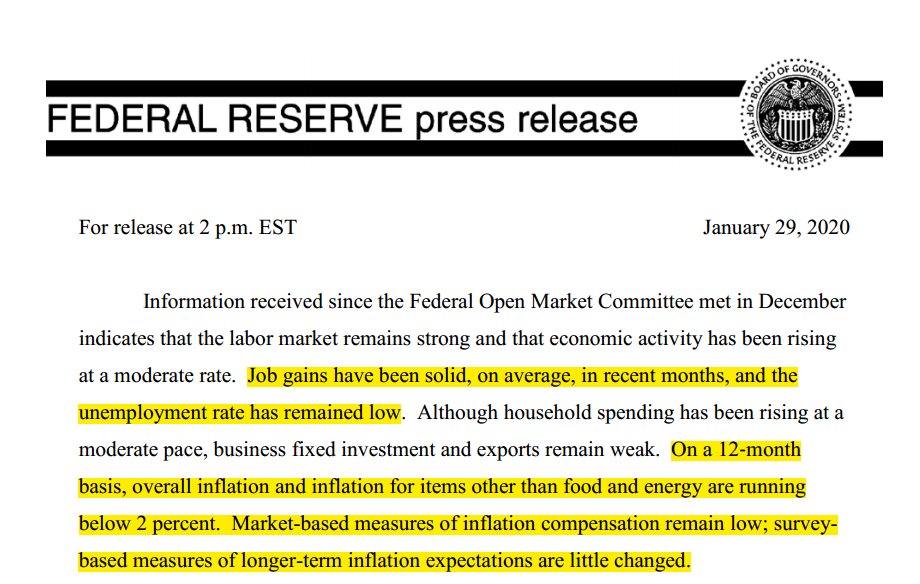So we add the known constant u[x(t)] to δu, and that indeed leaves us with u[x(t+δt)].
But why are we allowed to do that?
E(δu) > E(δu’)
for utilities u for one gamble and utilities u’ for another gamble.
But u(δx) is ill-defined without specifying x.
Descriptions of prospect theory often wrongly say that EUT has no reference-level dependence.
An improved EUT decision criterion would be
E(δu)/δt.
If u(x) is chosen so that it grows additively over time (unlike x itself), then it is an ergodicity transformation, and E(δu)/δt is the properly defined time-average growth rate of wealth.
Yes, of wealth itself!
Without:
utility function
discounting function
probability weighting function
subjective perception of time
value function
moving kinks for losses and gains
…
It’s both fascinating and deeply disturbing to stumble upon such a complete foundational re-imagining of a centuries-old field of formal human inquiry.







